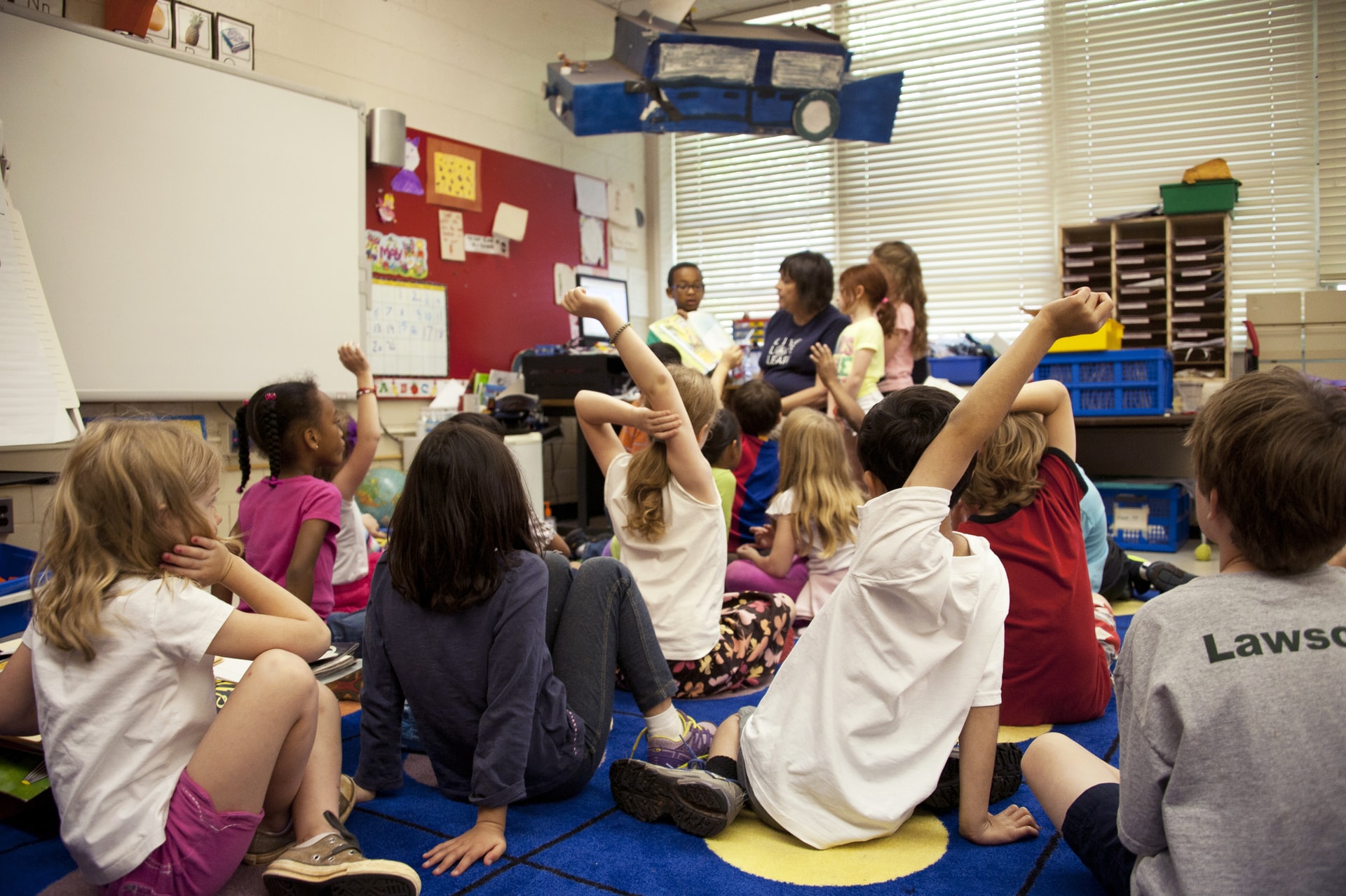Managing Behavior In Classrooms: An Age-Old Challenge

Education has evolved a long way past the traditional format of a teacher speaking in front of a blackboard to a passive, listening cohort. Classrooms are now interactive settings that are tailored to students’ individual learning needs. Yet one thing remains the same: classroom management continues to be a pain point for teachers.
A 1979 study by Frederick Jones found that nearly 50 percent of teaching time was wasted due to children’s misbehavior. And it’s believed that today in Europe, teachers spend 15 percent of classroom time dealing with misbehavior.
While classrooms look vastly different in the twenty-first century, the challenge of classroom management remains. So, how should modern teachers approach it?
The modern approach to classroom management
Classroom management techniques have evolved significantly over the past century. Modern teachers are less likely to be conducting static lessons in front of blackboards and more likely to be creating interactive, customized experiences for students.
A focus on building relationships with students is a key tool used by modern teachers, grounded on the idea that if students trust their teachers, they’ll be more likely to follow classroom rules and respect others. Teachers do this by spending one-on-one time with students and learning facts about their students’ lives beyond the classroom.
Teachers are also going the extra mile to tailor learning experiences for students’ different learning styles. This may mean assigning reading to part of the cohort while encouraging more visual learners to watch videos. By creating customized learning experiences, teachers can help students stay engaged in the task at hand and avoid getting distracted.
While there’s no one tried and true method to address student behavior in today’s classroom, educators are encouraged to explore continuous learning opportunities to stay up to date with modern management techniques. It also helps to have a strong grasp of the key classroom management theories that have helped to shape the way teachers run classes today.
The evolution of classroom management
Today’s students are experiencing very different education programs compared to past generations, and classrooms have adapted drastically to suit, even in the past decade. The rapid adoption of learning technologies has greatly shifted how lessons are conducted, and an increasing focus on student mental health has caused teachers to rethink management strategies.
This shift has led many to rethink the way classes are run, such as implementing varied seating options in the classroom and conducting interactive lessons. Innovations that we see in today’s classrooms are driven by past research and management techniques, such as the ABC model and the respectful classroom.
Antecedent, Behaviours, Consequence (ABC) model
In 1953, B.F. Skinner developed a model of operant conditioning that would come to replace the classical conditioning method of responding to adverse student behavior through direct punishment. This model stipulates that behavior, such as a student talking in class and distracting others, would be introduced to the antecedent, the teacher teaching their lessons, and a consequence would need to occur as a result. In this case, a teacher would reprimand the student and warn them to stop talking.
While this makes sense in theory, modern educators are aware that students may misbehave for a range of reasons, not necessarily for ‘rational’ reasons. For example, students may misbehave as a result of mental health issues or experience with abuse or neglect, which may not be helped by introducing negative consequences.
The respectful classroom
In the late 1960s, Rudolph Dreikurs introduced a key new concept to the classroom: that all students feel a need to belong, and when that need isn’t met, they may turn to mistaken goals. His approach was to develop a ‘respectful’ democratic classroom, involving students in all classroom activities, giving adequate attention to all, and showing respect to students. He pushed for open discussions when it comes to misbehavior, using a positive manner to find a solution rather than a consequence or punishment.
This theory places mutual respect between teachers and students, aiming to help students understand why they misbehave.
How teachers can better manage the classroom
There are a variety of ways that modern educators can actively improve their classroom management strategies.
Access online and public resources
Continuous learning is a part of any educator’s career. There is plenty of self-directed learning you can take part in, such as exploring online courses or modules.
Research classroom management
Skinner and Dreikers’ models are only two of many schools of thought that concern modern classroom management. You can work to better understand the sector by researching other techniques and tools that educators use to manage the classroom in today’s environment effectively.
Study a Master of Education
Educators can also work to understand their students better and manage the classroom by re-entering the classroom themselves. Further study in the field of education can empower you to continue providing quality education for your valued students.
Studying a Master of Education can give you the confidence and knowledge you need to manage your classroom now and into the ever-evolving future.






